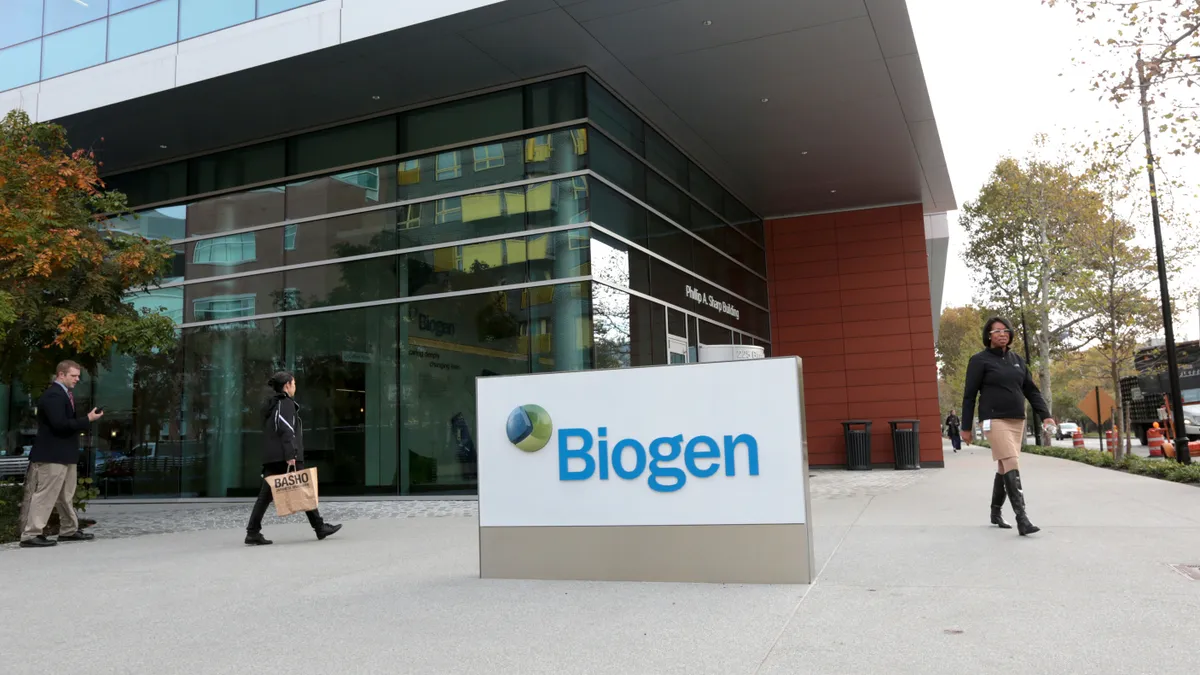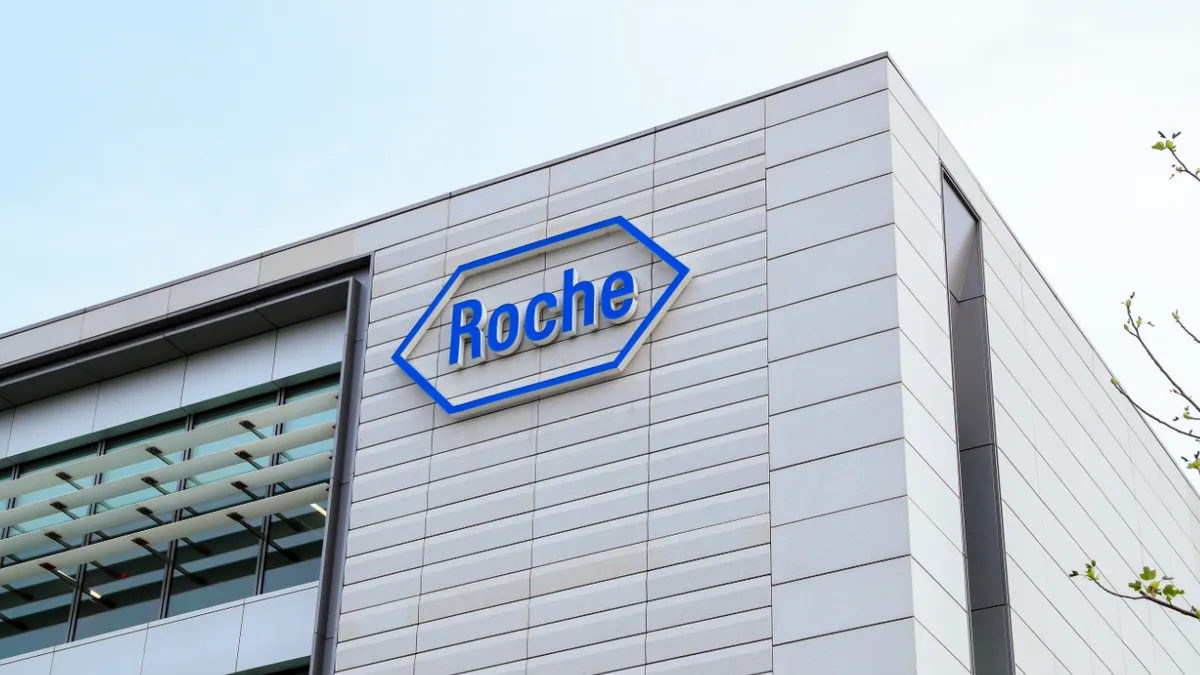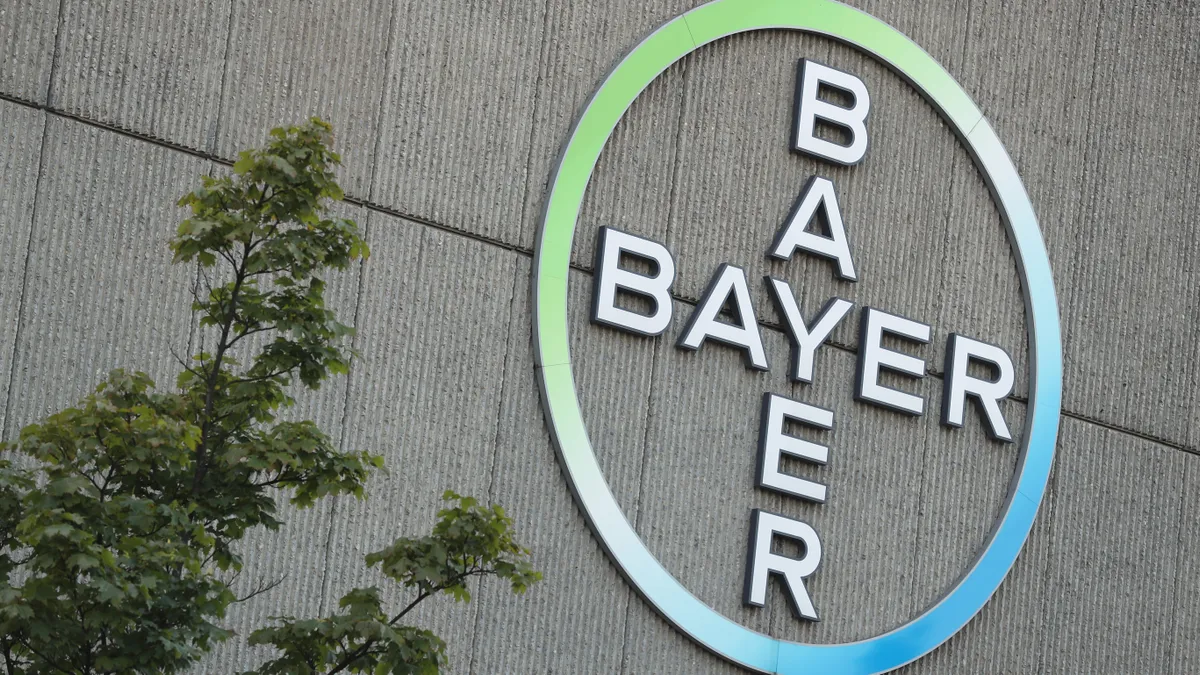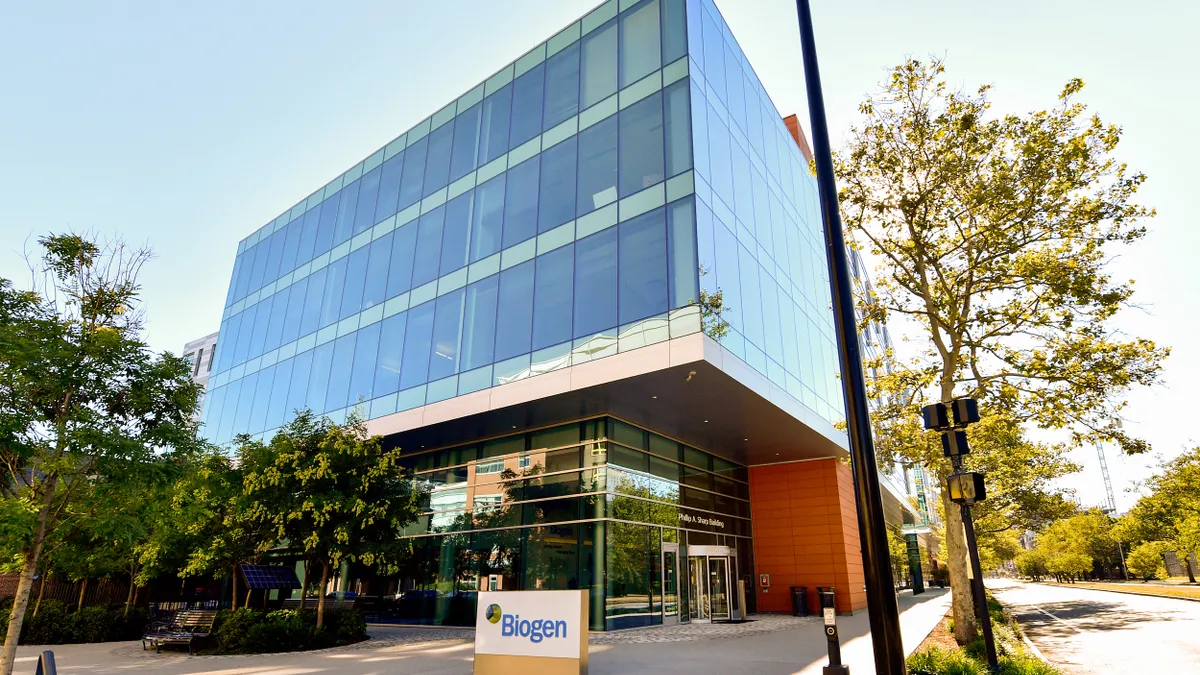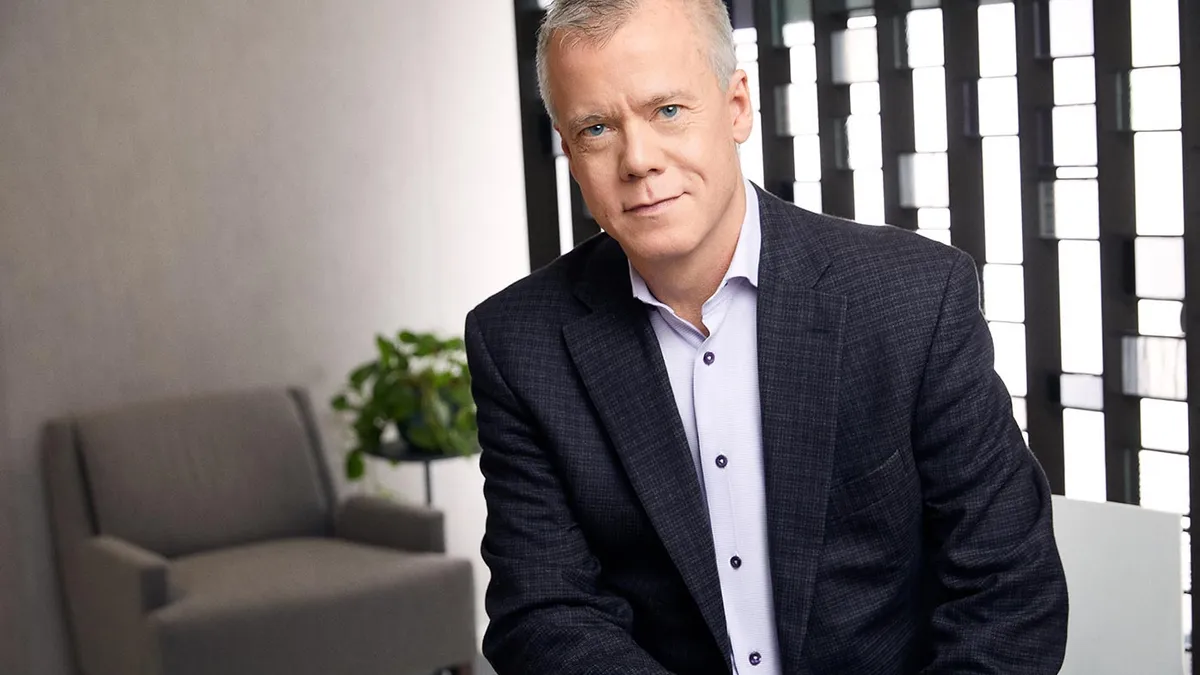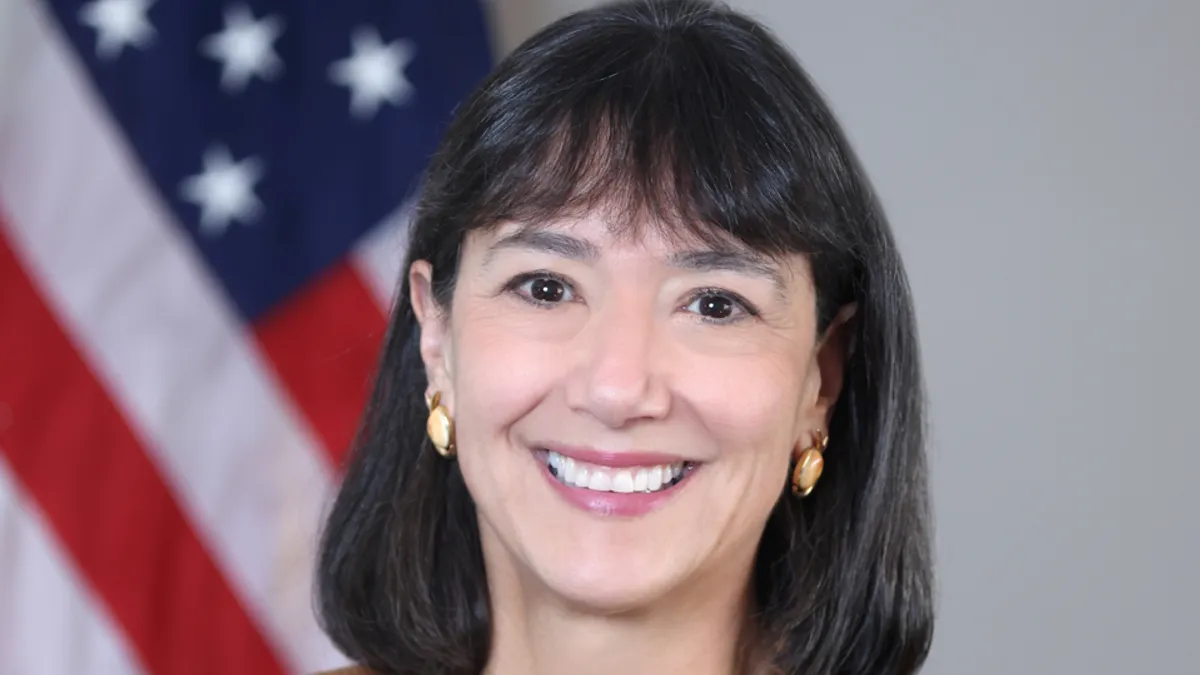Civica taps COO Ned McCoy to succeed Martin VanTrieste as CEO amid push to develop low-cost insulin
Who: Long-time Civica chief operating officer Ned McCoy took the helm of the nonprofit generic drug company June 1, succeeding former President and CEO Martin VanTrieste.
Background: McCoy brings an intimate knowledge of the company’s business development strategy to his new role, having overseen its manufacturing efforts over the last four years, including the creation of a medical manufacturing facility in Petersburg, Va. He also notably arranged a partnership between Civica and the India-based GeneSys Biologics to bring affordable biosimilar insulins to market by 2024.
Why it matters: Debates about drug pricing are continuing to rage across industry and federal and state legislatures, and insulin costs remain at the center of those conversations. Civica Rx was founded to shake up the drug pricing landscape, and one of the company’s largest ventures is to “drive drastic change” in the insulin market.
Learn more: Former Civica Rx president and CEO, Martin VanTrieste, spoke with PharmaVoice in March about the company’s strategy to manufacture and distribute three low-cost types of insulin at “one low, transparent price for all.”
Inozyme Pharma appoints new chief medical officer after finding ‘promising’ preliminary clinical data
Who: Kurt Gunter joined Inozyme Pharma, a clinical-stage rare disease company, earlier this month as chief medical officer where he will lead clinical development and regulatory strategy for the treatment of diseases impacting the vasculature, soft tissue and skeleton.
Background: Before joining Inozyme, Gunter served as chief medical officer at two cancer-focused biotech companies using CAR-NKT cell therapies — Athenex, a company with an FDA-approved medication for treatment of the skin condition actinic keratosis; and Kuur Therapeutics, a clinical-stage company with candidates targeting hematological and solid tumors. Gunter also spent a stint at the FDA as a medical officer in the Center for Biologics and was appointed acting deputy director of the Division of Cell and Gene Therapy during President George H.W. Bush’s administration.
Why it matters: In April, Inozyme reported positive preliminary clinical data from its ongoing phase 1/2 trial for the use of its lead candidate, INZ-701, to treat the rare genetic disease ENPP1 deficiency. There are currently no other therapeutic options to treat the condition. Gunter's vast experience in drug R&D and regulatory development could be crucial as clinical trials for the candidate continue.
“[Gunter’s] experience across the entirety of the drug development process will be invaluable as we advance INZ-701 in our ongoing phase 1/2 clinical trials in patients with ENPP1 Deficiency and ABCC6 deficiency and prepare for our later-stage studies,” Inozyme’s president and CEO, Axel Bolte, said in a press release.
Learn more: Though still in clinical development stages, Inozyme has a story to tell. PharmaVoice contributor Kim Ribbink sat down with the company’s director of investor relations, Stefan Riley, to talk about how the company is using creative imagery to capture the attention of patients, healthcare professionals and investors.
Flagship Pioneering brings pharma heavyweight Michael Severino on as CEO of Tessera Therapeutics
Who: Former AbbVie president and vice chairperson Michael Severino started a new role June 1 as CEO of one of Flagship Pioneering’s latest platform companies, Tessera Therapeutics. He’ll be tasked with leading the preclinical biotech’s growth as it seeks to advance treatments with gene writing platforms that it says enables clinicians to code therapeutic messages into the human genome.
Background: Severino’s two decades of experience in drug R&D, first at Amgen where he served as senior vice president of global development and chief medical officer, and later as chief scientific officer and president of AbbVie, will come in handy as he seeks to steer Tessera through its early years of development. In his previous roles, Severino has cultivated pipelines in a wide array of areas including hematologic oncology, immunology and neuroscience and has led clinical research efforts. As Tessera begins to develop its own pipeline, Severino’s expertise will likely be vital.
Why it matters: The gene-focused biotech startup garnered over $300 million in series C funding as of April and is valued between $1.2 billion and $1.8 billion, according to Dealroom. If successful, the company’s gene writing technology could create a whole new category of genetic medicines by allowing for the deletion and insertion of DNA and the writing of entire genes into the genome. Flagship Pioneering, which also helped launch Moderna, is banking on Severino’s experience and connections to lead the Tessera into the next stage of development.
“Tessera will benefit immensely from [Severino’s] extensive leadership experience and expertise in both R&D and commercial, especially as we look ahead to bringing GENE WRITING [the company’s platform tech] into the clinic,” said Geoffrey von Maltzahn, co-founder and of Tessera Therapeutics in a press release.
Learn more: Flagship Pioneering is commonly miscategorized as a venture capital firm, but the company actually ideates, creates and launches its own platform companies, such as Tessera Therapeutics. We recently talked with a partner at the company about its creative approach to building successful biotech platforms.
Astellas promotes Phil Tennant to lead U.S. oncology business
Who: Phil Tennant took over as senior vice president and head of the U.S. oncology business unit at the Japanese multinational pharma Astellas May 30. In the role, he will lead commercial planning for early stage oncology development compounds.
Background: Tennant joined Astellas’ oncology unit in 2019 as vice president and brand manager after prior stints at Bristol Myers Squibb and AstraZeneca. Most recently, as head of oncology strategic brand marketing at Astellas, Tennant led the creation of the brand’s global marketing strategies.
Why it matters: The Tokyo-based drugmaker is realigning its objectives around drug discovery and is adopting a “focus area approach” to partnerships. At the beginning of June, the company entered a $20.5 million research collaboration and licensing agreement with GO Therapeutics, a cancer-focused biotech, to identify antibodies for two glycoprotein targets. While the extent of Tennant’s role remains unclear, he could be charged with commercial planning for similar early-stage oncology projects.
Learn more: For more information about Astellas’ “focus area approach,” check out our interview from March with Astellas Chief Strategy Officer, Naoki Okamura.










